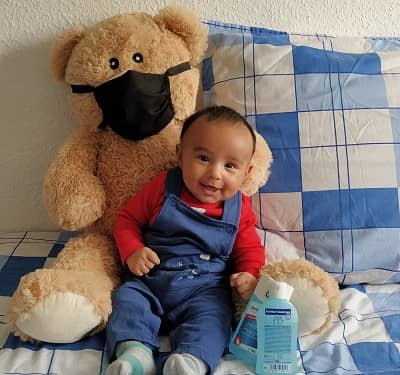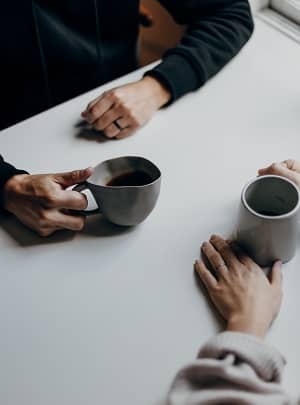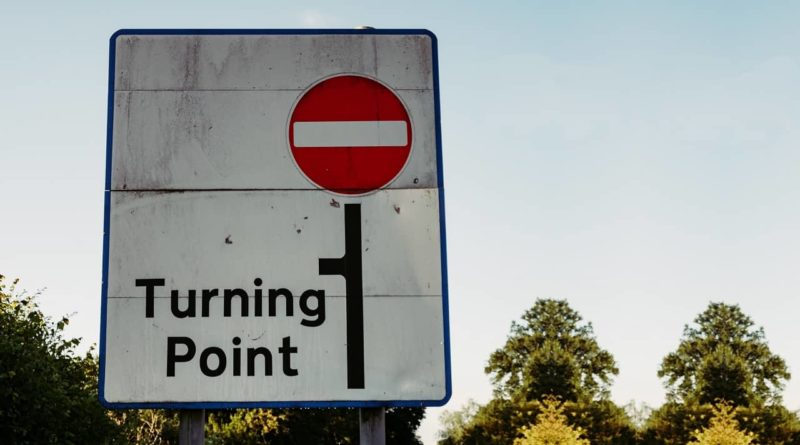Life after Lockdown: freedom, fear, and sanitising stations
M&D asked Laura Clark, a GP from Cheshire, to give her advice on navigating our new freedoms.
Last year we were perhaps naïve when restrictions eased, and did not afford too much consideration to the possibility of a second wave. However, a year on, we are more emotionally fatigued, the enormity of what we have lived through is more real and for a lot of the country, we have spent more time in restrictions than out.
Pace
While some may feel it is a time for celebration, for others, it may be a while before the strain of lockdown can be forgotten or, at least, minimised. There will be variability between those homeworkers who have been away from the workplace for a year and are ready to feel energised with the coming changes; and others, essential and keyworkers for example, who have worked more than normal, and may be looking forward to working less and living at a slower pace than they did over the winter months.
It is important that we are kind to ourselves, and others, and accept that we have adjusted to live in our own home microenvironment, with new adjusted values: there will be differing levels of importance assigned to our new priorities.
If a more considered approach is your preference, rather than rushing to fill diaries with multiple commitments, if you feel ready, try arranging just one or two and seeing how that feels before committing to more. It is important to recognise that we will all have our own timelines, and that the size of our strides will vary.
Health Anxiety
 We have spent over a year in a highly anxious state: uncertainty is hard to manage and this time around, the spectrum of worry may be more polarising than post Lockdown 1 last year.
We have spent over a year in a highly anxious state: uncertainty is hard to manage and this time around, the spectrum of worry may be more polarising than post Lockdown 1 last year.
We have the incredible ongoing work with the vaccine this year, which for some may feel liberating and reduce their health concerns. However, for others, whilst we wait in anticipation of data on long term effectiveness, we are also constantly reminded that the pandemic is not finished yet. Rules remain in place for social distancing, masks are still to be worn, sanitising stations are ever present. These are the ongoing and constant visual reminders of what we have been living through, and our continued state of uncertainty in the coming months. We have been instructed that being around others is not safe for so long, and it is understandable that we may feel nervous exercising our new granted permissions.
In the context of busier outdoor locations, and eventually indoor mixing, there will be a mix of different levels of acceptance of risk. The degree of variation, and lack of control over the actions of others, may be enough for some people to continue avoiding busier locations for a while yet.
Conversation
 You may wonder what to talk about, other than the Covid elephant in the room. For a lot of people, just asking “How are you?” will feel meaningful and be welcomed.
You may wonder what to talk about, other than the Covid elephant in the room. For a lot of people, just asking “How are you?” will feel meaningful and be welcomed.
Behind the scenes, there may be lots of worry related to finances, job security, health and impact on education, to name but a few. It is important not to minimise how these issues concern you. I often hear patients say, “I know there are others worse off than me.” However, there is always a scale of severity in life. That does not mean that your own worries are less relevant or significant. Being kind to ourselves is as important as being gentle and respectful of others.
Talking and sharing how we feel can help us cope. Worry and anxiety can feel very isolating, and even promote a sense of guilt if others appear more jubilant about our new freedoms. Sharing a problem can make it feel more manageable.
It is also important to seek medical help when needed. Contact your GP if you are struggling with a mental health problem. While initial contact may be not be face to face, we are still fully open and are here for you.
Routine
While we continue along the roadmap out of restrictions, and continue to feel out of control, routines that have helped us navigate the last 12 months are still important as we ride another wave of change.
Lockdown has directly affected our autonomy for so long, and while change brings a chance to evolve and flourish, it can be difficult to see that if we remain uncertain about the next few months.
Routine can help us feel reassured, and it provides a degree of daily expectation and can feel comforting. It is important that we take care of our own well being in terms of nutrition, movement, sleep and stress management whilst we decide how and what we feel comfortable with. Sticking to a routine can help us regulate our emotions. Examples include regular sleep and waking times, and keeping the same times for meals and too.
1. Take your time.
2. Do what you feel comfortable with.
3. Respect others’ boundaries.
4. Keep to a routine.
5. Share how you feel.








What a thoughtful post. I must admit that, after receiving my first post-lockdown invitation to meet a friend in a safe and permissible location, I actually declined. I will be taking my time to get back to a new normal.
This is a very helpful post. It certainly has been a crazy year that’s for sure. Although I’d love to get back to “normal”, I’m not rushing into anything just yet
A very insightful read – it helps to know that I’m not alone in still feeling somewhat nervous of getting back to a ‘new normal’!